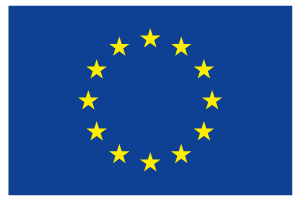Currently there is no cure for Duchenne muscular dystrophy. Standards of care include a multi-disciplinary approach, with the input of specialists such as neuromuscular specialists, physiotherapists, occupational therapists, and respiratory and cardiac professionals.
Steroids
There is promising research trying to find a treatment for DMD, however at the moment the only treatment available to all DMD boys is corticosteroids (CS). CS (both prednisone and deflazacort) have been shown to slow the progression of the muscle weakness over a certain period of time and prevent or postpone the development of complications. However, they are associated with many possible side effects, which must be carefully managed. CS associated side effects in DMD include weight gain, behavioural problems, bone fragility, reduced growth and delayed puberty. Other less common side effects are hypertension, glucose intolerance, cataracts and immunosuppression.
In the US, the Food and Drug Administration (FDA) approved Emflaza (Deflazacort) tablets and oral suspension to treat patients age 5 years and older with DMD in February 2017.
Watch the Duchenne Care Videos on Steroids, produced by World Duchenne Organization here
Click here for all World Duchenne Organization Standards of Care videos
Other drugs
Other drugs are beginning to become available for Duchenne muscular dystrophy, including Ataluren (traslarna), which is currently available in some European countries to slow down the progression of symptoms. Ataluren however only works for a small group of boys with DMD who carry a particular mistake in the dystrophin gene (’nonsense’ mutation).
Ataluren, as well as other drugs currently under investigation in clinical trials (utrophin, antisense oligonucleotides, anti-myostatins etc) are meant to be administered in association with CS (they do not replace CS treatment).
